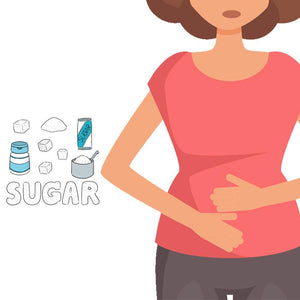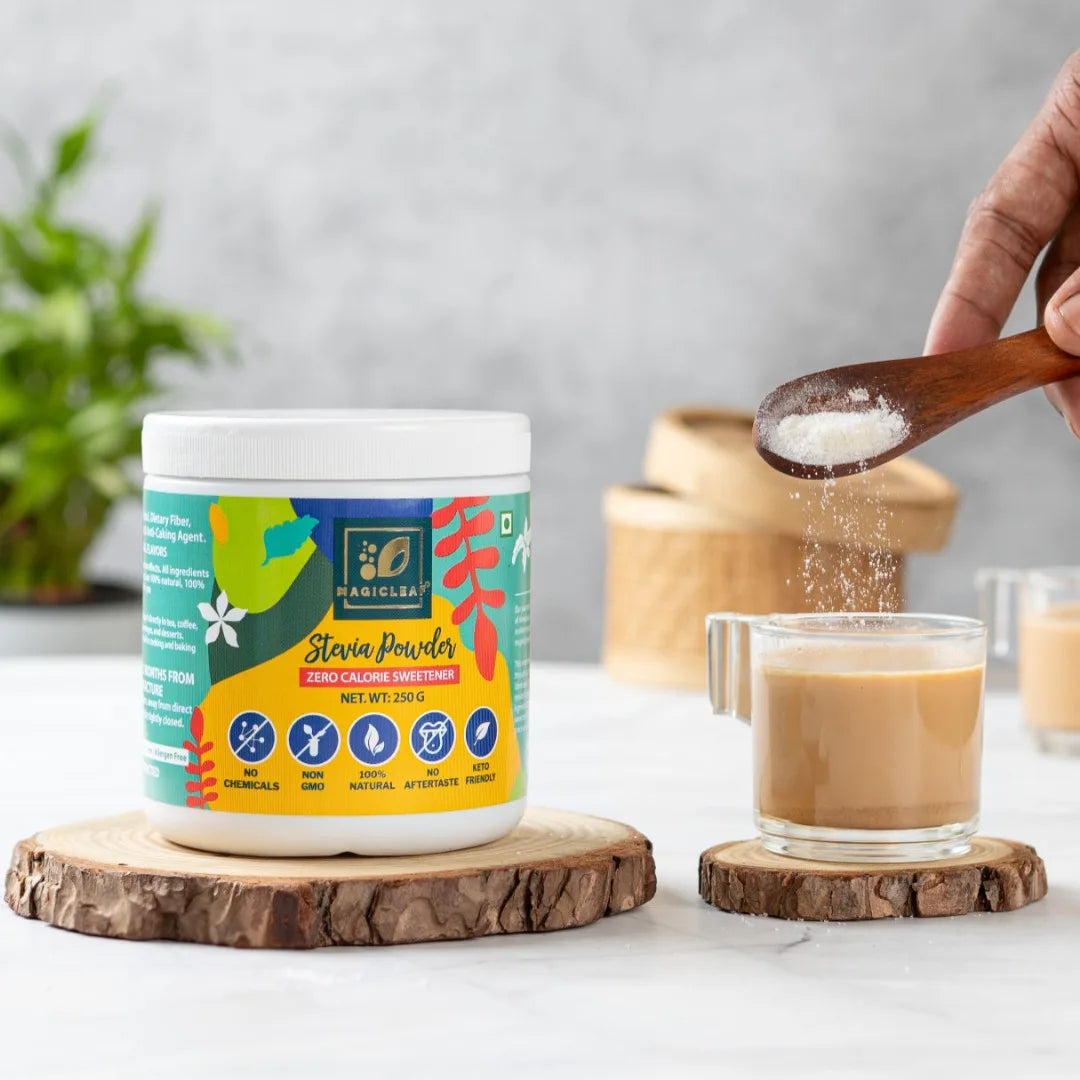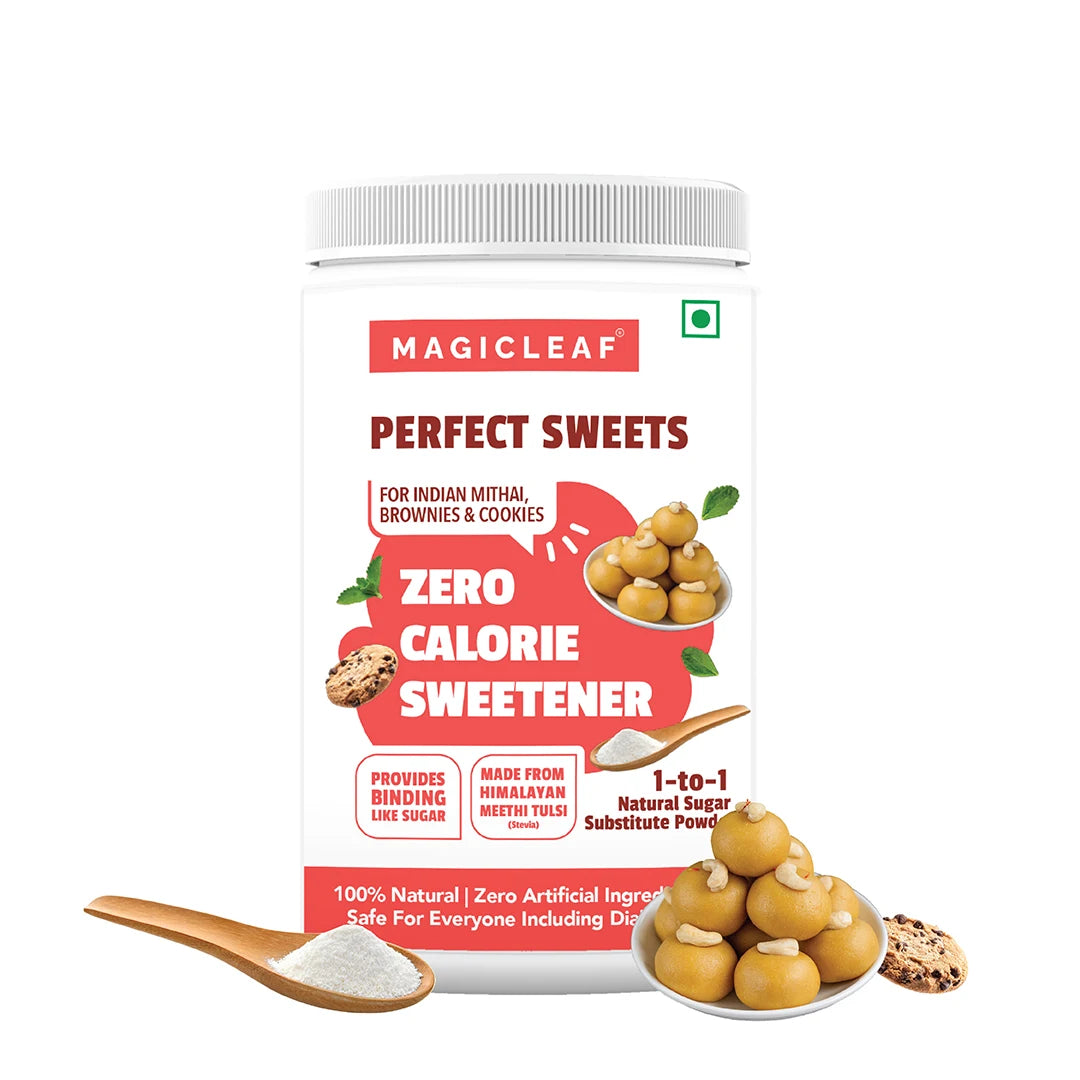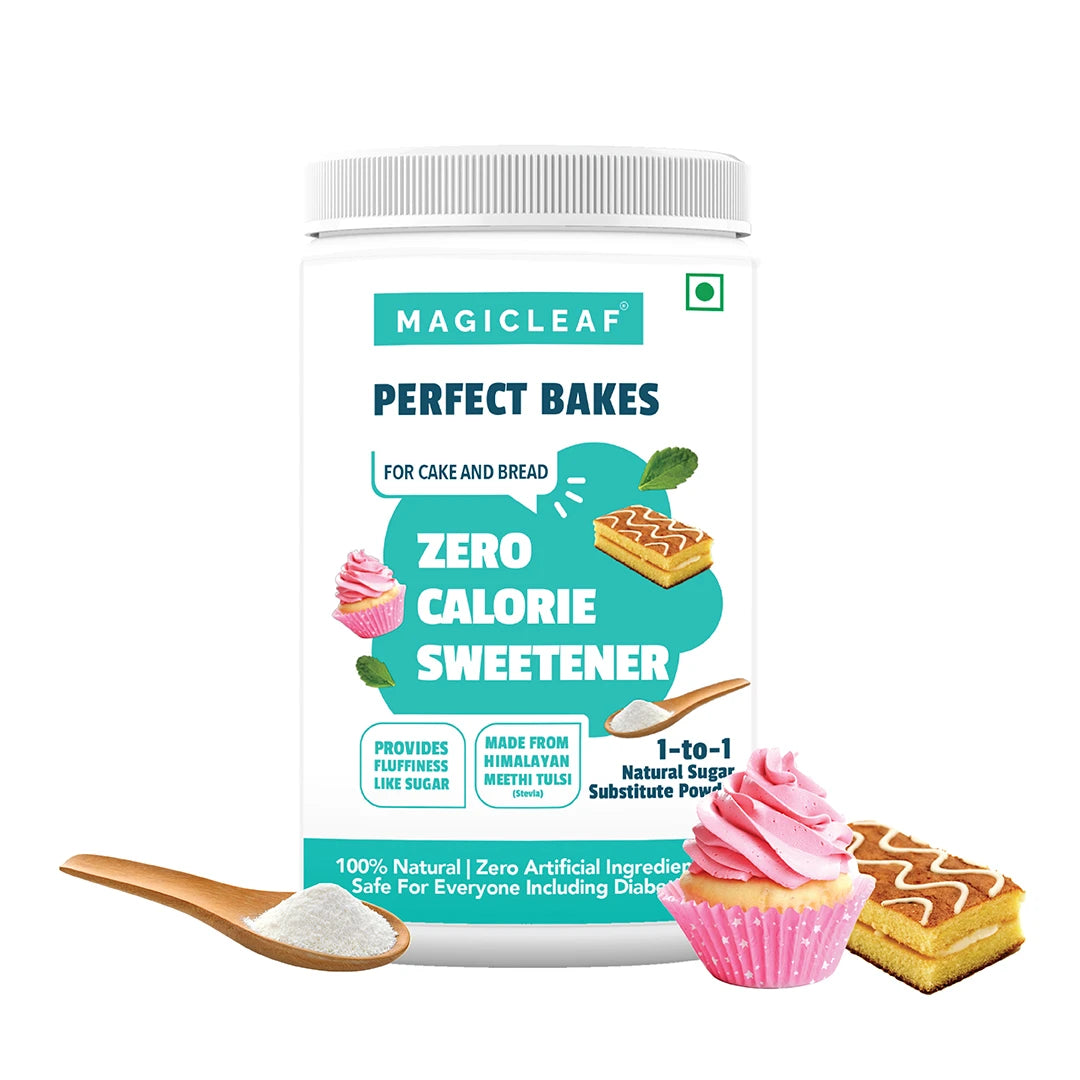PCOS (Polycystic Ovary Syndrome) is one of the most common hormonal disorders found in women. It disrupts a woman’s endocrine system and increases the level of male hormone called androgens. Women suffering from PCOS disorder experience irregular periods or no menstruation cycle. It is one of the disorders which needs more attention and knowledge sharing as an estimated one in five Indian women suffer from PCOS. The condition can have a serious impact on health if not monitored.
Women with PCOS face some common symptoms, including irregular periods, acne, thinning scalp hair, and excess hair growth on the face and body.
Root Causes of PCOS:
The exact cause of PCOS is still unknown but as per experts and doctors, several factors contribute to it. Let’s take a look at them.
Insulin Resistance: One of the most common reasons behind PCOS is insulin resistance. Almost 70% of women with PCOS have insulin resistance. Insulin is the hormone which helps cells in your body turn glucose into energy.
Due to insulin resistance cells in muscles, fat, and liver don't respond well to insulin and can't use glucose from blood to convert into energy. Overtime, when the process repeats the blood sugar levels go high.
Overweight: It is reported that reproductive disturbances are quite common among women who are obese. Women who are overweight are more likely to face menstrual irregularity and anovulatory infertility than normal-weight women.
Inflammation: Another common factor associated with PCOS is inflammation. The term inflammation is used to describe white blood cells' production of substances to fight infection. Many women with PCOS report a type of low-grade inflammation, which stimulates polycystic ovaries to produce androgens.
PCOS and Sugar:

As discussed, many women with PCOS have insulin resistance. Insulin helps in keeping the blood sugar levels in check. However, due to insulin resistance, the blood sugar levels go up in people with PCOS. This is why one of the common recommendations to treat symptoms of PCOS by doctors is to lower blood sugar. You need to eat a diet that is low in sugar, fat and have a low glycemic index. Low glycemic index foods cause the body to release insulin slowly and steadily. This makes it easier for the body to use food as energy.
Most common contributor to insulin resistance is a diet that is high in simple carbs, sugar, and processed foods. Most of the processed foods in the market have a high content of added sugars, which is quite dangerous for women with PCOS. This is because PCOS is also linked to diabetes. Experts suggest that insulin resistance can have an adverse impact on the endocrine system and can contribute to type 2 diabetes. Young women who have PCOS are more likely to develop the risk of diabetes and heart issues later in life.
Sugar consumption not only has an impact on insulin resistance but also inflammatory pathways. It adversely affects blood sugar regulation and can also be linked to unwanted facial and body hair, adult acne, anxiety, depression, and more in women with PCOS.
What Can Be Done?
Research has shown that PCOS can be prevented or managed through a proper diet. So it becomes essential to notice what to eat and what to avoid, when suffering from PCOS. Treatment for PCOS is mainly associated with lifestyle changes, like losing weight, proper diet, and avoiding high-sugar foods.
A low glycemic index diet that gets most carbohydrates from fruits, vegetables, and whole grains helps regulate the menstrual cycle better than a regular weight-loss diet.
One of the easier ways to avoid sugar or high-sugar foods is by switching to healthier sweetener alternatives. However, healthier doesn’t mean artificial sweeteners.
As women with PCOS most-likely suffer from insulin resistance, it is not advisable to take artificial sweeteners. This is because ingestion of artificial sweeteners results in insulin release from pancreas. This eventually increases the levels of insulin in blood.
Artificial sweeteners are also linked to weight gain, which might increase the risk of developing insulin resistance. This can be a dangerous issue because women with PCOS already suffer enough from increased carbohydrate cravings. Artificial sweeteners will only make the cravings worse and lead to weight gain.
What’s the best alternative to sugar then?

It is best to switch to a healthier and natural alternative to sugar. Stevia is a natural sweetener that is obtained from plant Stevia rebaudiana. It has zero calories and zero glycemic index with no insulin response. Unlike other artificial sweeteners, it doesn’t affect blood sugar levels. Stevia sweeteners are a perfect alternative for women with PCOS. They also possess anti-inflammatory and anti-oxidative properties, making them good for liver, kidney, and pancreas.
However, you must remember that not all stevia products are created equal. We, at Magicleaf, have created products that are 100% natural and 100% safe for regular consumption. There are no side effects whatsoever and they can be consumed by everyone, including diabetics and pregnant women.
Click here to know more: Magicleaf Stevia








